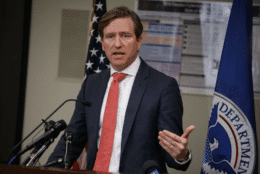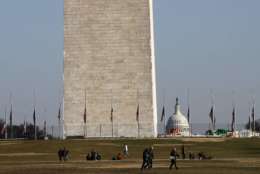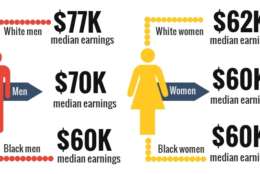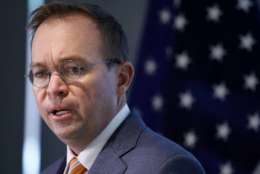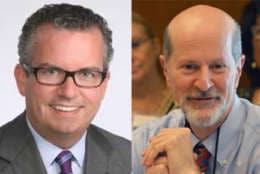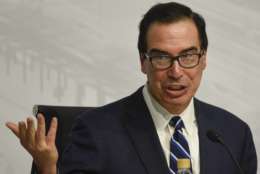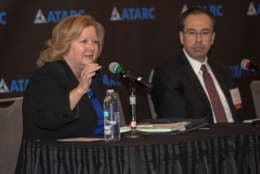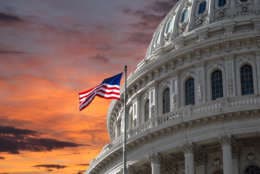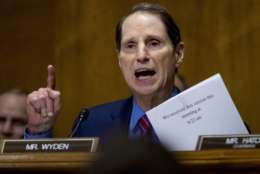Office of Management and Budget
-
The Department of Homeland Security issued a notice to contractors setting expectations about the timing of solicitations and other acquisition activities for after the shutdown ends.
January 28, 2019 -
In today's Federal Newscast, President Donald Trump hints that another government shutdown is likely after funding runs out again in three weeks.
January 28, 2019 -
DHS directed agencies on Jan. 22 to take four steps to protect against DNS tampering attacks, including adding multi-factor authentication to servers and software.
January 28, 2019 -
Some agencies and payroll providers have also indicated when they'll begin to send out paychecks to federal employees with the longest government shutdown in U.S. history officially over.
January 25, 2019 -
As cyber and supply chain issues continue to evolve, the success of the federal procurement system is contingent upon the government’s ability to secure and defend the nation’s digital information infrastructure.
January 25, 2019 -
The 2013 shutdown which lasted 16 days and cost the government an estimated $2.5 billion. With 34 days and counting this year's stalemate could meet that number.
January 24, 2019 -
In today's Federal Newscast, agency leaders are being asked to provide a list of what programs will be effected if the current partial government shutdown goes into March and April.
January 24, 2019 -
In today's Federal Newscast, the Homeland Security Department says a series of incidents have tampered with agencies domain name systems (DNS) on their websites.
January 23, 2019 -
Robert Shea and Robert Hahn, members of the U.S. Commission on Evidence-Based Policymaking, offer six ideas for agencies to begin taking advantage of new evidence-based policymaking law.
January 21, 2019 -
Several agency CIOs and IT executives told Federal News Network that their systems and data are well protected, but the loss of the contractor workforce could be devastating.
January 21, 2019 -
In today's Federal Newscast, Representative TJ Cox's (D-CA) first introduced legislation in Congress is meant to ease the financial hardship furloughed federal employees are currently enduring.
January 21, 2019 -
The National Treasury Employees Union has added a third count to its lawsuit against the Trump administration and questioned the legality of the decision to recall some IRS employees during the government shutdown.
January 17, 2019 -
Margie Graves, the deputy chief information officer of the government at the Office of Management and Budget, said the administration is trying to identify innovative approaches for recruiting and training IT workers.
January 17, 2019 -
In today's Federal Newscast, bills to improve agency oversight of sexual harassment and give federal interns the same protection as employees pass the House.
January 17, 2019 -
In today's Federal Newscast, Senator Ron Wyden (D-OR) is asking the Office of Personnel Management how it's making sure federal employees furloughed due to the government shutdown are still receiving healthcare coverage.
January 16, 2019



